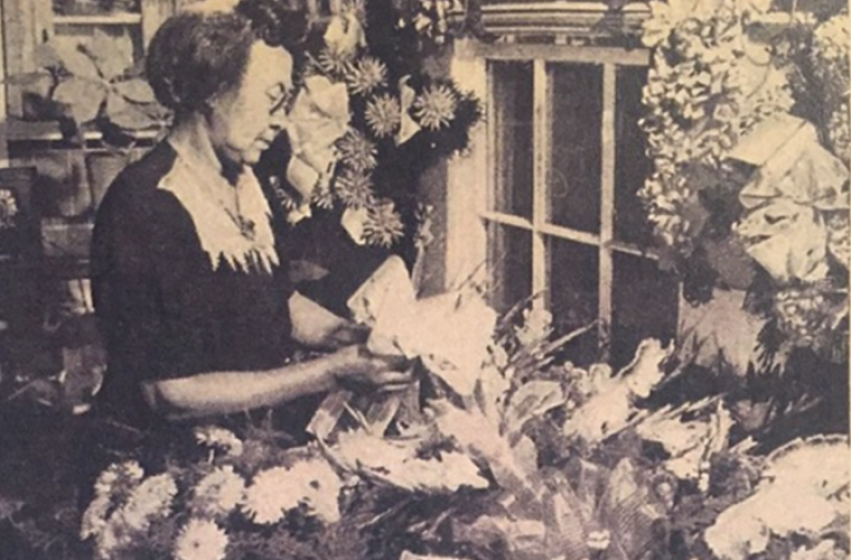Black History Month is an annual, monthlong celebration in February to honor and remember the achievements of the African American community and recognize their role in our history. It all began in 1926, when historian and scholar Carter G. Woodson chose February 7 for the first celebration of Negro History Week- an event to encourage scholars to engage in the intensive study of the Black past, a subject that had long been sorely neglected by academia and in U.S. schools.
This date was chosen to coincide with birthdays of Abraham Lincoln and Frederick Douglass. Both Lincoln and Douglass helped shape African American history in the United States. Frederick Douglass escaped slavery and became an abolitionist and civil rights leader and President Abraham Lincoln signed the Emancipation Proclamation, which abolished slavery in America's.
In 1976, President Gerald Ford officially recognized February as Black History Month. Along with the U.S., Brazil, Canada, Colombia, Ireland, the Netherlands and the UK have annual celebrations that commemorate Black history. “In celebrating Black History Month,” Ford said, “we can seize the opportunity to honor the too-often neglected accomplishments of black Americans in every area of endeavor throughout our history.”
Today Black History Month is a federally recognized, nationwide celebration that calls on all Americans to reflect on the significant roles that African-Americans have played in shaping US history.
During the month of February, McDonald Garden Center will be highlighting the achievements of black men and women in horticulture. This week will focus on the accomplishments of Annie Van Reid. We'd like to thank Abra Lee with @conquerthesoil for this image and story of Annie Van Reid.
Her journey into floriculture started like so many--humbly. In a small garden she turned her hobby of cultivating flowers such as roses, dahlias, and native species into a thriving business. Reid owned multiple floral shops, a five-acre nursery and commercial greenhouse. At the height of the segregation era in the United States, Reid’s clientele in her home state of South Carolina included: the Mayor, Governor, and folks from cities as far north as Boston. This speaks volumes to her floral artistry which crossed racial color lines- something nearly impossible to achieve at that time. Known as an astute businesswoman, her florist shop combined with her many real estate holdings would be worth over $1 million dollars in today’s money. Mrs. Reid, an inspiration to us all, embodies the spirit of aspiring for greatness when she said, “I began cautiously on a small scale... I found the soil fertile and willing to yield.”
Thank you again, Abra! To learn more about Abra, and other stories of African Americans in horticulture, follow her on social media @conquerthesoil or visit her website click here.
Abra Lee Bio
Abra Lee is a national speaker, writer, and owner of Conquer the Soil, a platform that combines Black garden history and current events to raise awareness of horticulture. She has spent a whole lotta time in the dirt as a municipal arborist, extension agent, airport landscape manager, and more. Lee is a graduate of Auburn University and alumna of the Longwood Gardens Society of Fellows, a global network of public horticulture professionals.

